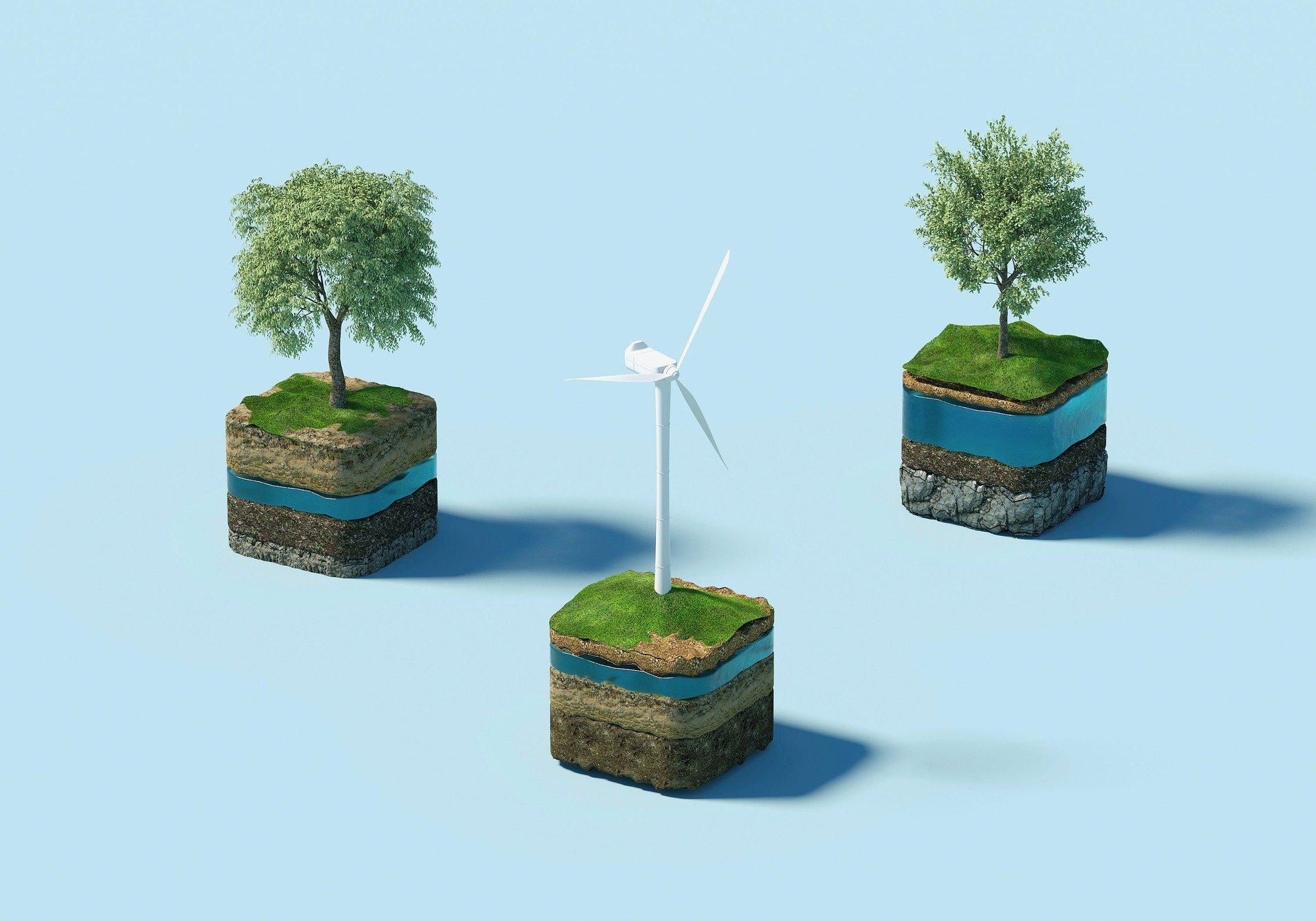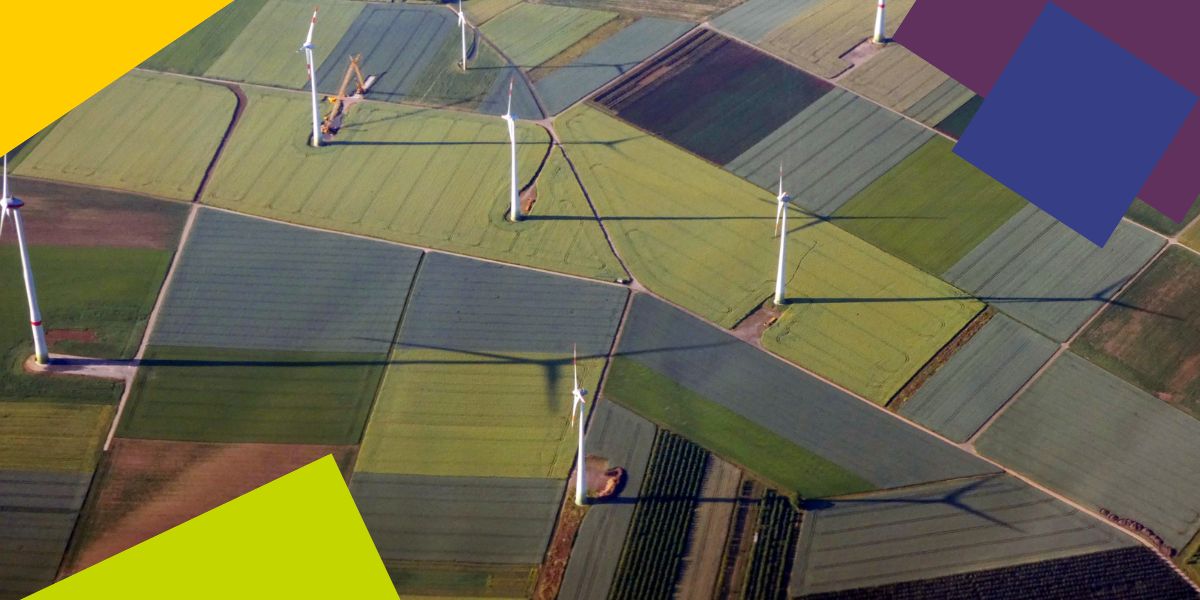LSE has been ranked the most sustainable institution nationally and second globally, and for good reason. As a member of LSE, I feel extremely proud of this achievement, especially as a BSc Environment and Development student. It is clear from my day-to-day experiences at the university, that LSE greatly cares about the importance of sustainability, both through the curriculum and on-campus activities. To explore how LSE leads the way in driving sustainable changes, this blog explores some of the key sustainable accomplishments achieved by the School.
Carbon-neutrality
LSE was the first university in the UK to be certified as carbon-neutral. Achieving this was a huge success, and provides a leading example to other institutions of how attainable sustainable changes can be made.
To become carbon neutral, LSE made a series of operational changes to the campus through the investment of £4.8 million. From installing LED lightbulbs to fitting solar panels on the rooftops, LSE was able to make drastic improvements to its environmental footprint. Additionally, LSE has ensured that all of its sourced energy is 100% renewable. As a result of these changes, the School has been able to reduce its emissions by a staggering 44% since 2005.
Moreover, the School has also partnered with the Compensate Foundation, which enables the university to mitigate the emissions which cannot be completely diminished, by funding carbon reduction projects. However, LSE’s sustainable achievements are unlikely to end here, with the goal of becoming net-zero by 2030 in regards to carbon emissions, LSE will furthermore reduce its carbon footprint.
Improving the sustainability of everyday activities
LSE has also embedded sustainable practices into the day-to-day practices taking place on campus and in the LSE halls of residence. A series of projects have been created in order to generate sustainable movements. For instance, during my first year at university, at the LSE halls of residence, I took part in a competition between the halls and within them to optimise recycling rates. Whilst this project may seem inconsiderable, I definitely felt that the competition between halls raised the incentive for my peers and I to recycle. This was greatly helped by the information and posters given to us at the student halls, which informed us about what we should and shouldn’t recycle.
The Student Union (SU) also contributes towards LSE’s sustainability initiatives. The LSESU is home to a number of different clubs and societies which relate to sustainability, ranging from the Sustainable Futures Society, which focuses on implementing sustainable projects at LSE, to the Marine Society which focuses on marine conservation. Joining these groups gives you the opportunity to furthermore participate in some of the sustainability endeavours taking place around campus.
A sustainable curriculum
Sustainability has also been incorporated into much of the academic curriculum. LSE offers a number of courses that directly relate to sustainability such as the GY121 Sustainable Development course. Whilst this course is hosted by the Department of Geography and Environment, it can also be chosen as an outside option by students from other courses.
Sustainability has also been embedded into other aspects of the curriculum such as the LSE flagship course, LSE100, which is undertaken by all first year undergraduate students. This course gives you huge flexibility in regards to which topics you can choose. Consequently, my LSE100 group and I chose to explore the use of AI within the electricity grid, which could be used in order to reduce carbon emissions. Researching this issue and collaborating with students from other programmes provided a unique insight into how sustainability issues can be tackled, and gave us an appreciation for the importance of sustainability.





